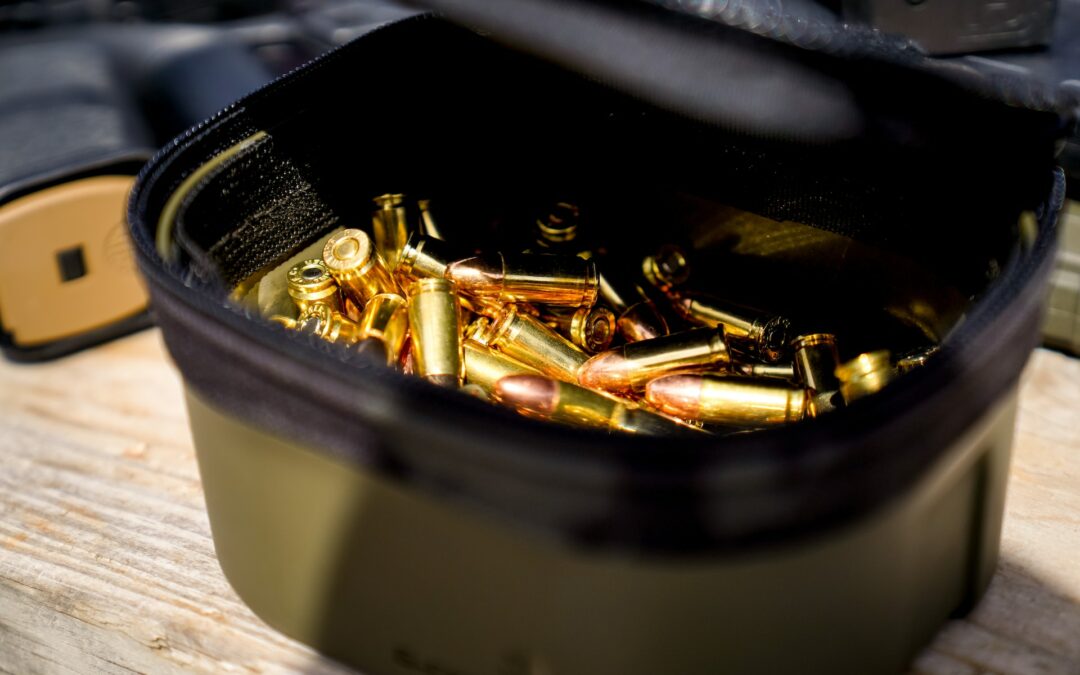Annealing brass is a process that involves heating the brass to a specific temperature and then allowing it to cool slowly. This process can help improve the brass’s consistency and durability, making it a popular practice among reloaders. However, some debate exists about whether annealing brass is necessary before reloading. In this article, we will discuss the benefits of annealing brass and whether it is necessary for reloading.
Benefits of Annealing Brass
Annealing brass can provide several benefits for reloaders, including:
- Improved Consistency: Annealing brass can help improve the brass’s consistency, which can result in more consistent performance when reloading.
- Increased Durability: Annealing brass can also help to increase the durability of the brass, which can extend the lifespan of the brass and reduce the need for frequent replacements.
- Improved Accuracy: Annealed brass can also help improve the accuracy of the reloads, as the brass’s consistent properties can help improve the consistency of the shots.
- Reduced Tension: Annealing brass can also help reduce the tension in the brass, reducing the risk of cracks and splits in the brass.
Is Annealing Brass Necessary for Reloading?
While annealing brass can provide several benefits for reloaders, it is not always necessary for reloading. The need for annealing brass depends on several factors, including:
- Frequency of Use: The frequency of use of the brass can impact the need for annealing. If the brass is used frequently, it may need to be annealed more often to maintain its consistency and durability.
- Type of Brass: The type of brass used can also impact the need for annealing. Some types of brass, such as military brass, may require more frequent annealing due to their properties.
- Type of Reloading: The type of reloading being done can also impact the need for annealing. For example, if the reloading involves high-pressure loads or magnum cartridges, annealing may be necessary to ensure the brass can handle the pressure.
- Personal Preference: Finally, personal preference can also impact the need for annealing. Some reloaders may prefer to anneal their brass to ensure the best possible performance, while others may not feel it is necessary.
In addition to the factors mentioned above, other variables can also impact whether or not a reloader chooses to anneal their brass. For example, some reloaders may choose to anneal their brass simply because they enjoy the process and find it satisfying.
Furthermore, environmental conditions such as temperature and humidity can also play a role in how frequently brass needs to be annealed. In hot or humid climates, for instance, brass may become more prone to work hardening and require more frequent annealing.
Ultimately, deciding whether to anneal one’s reloading brass is up to personal discretion. However, it is important for reloaders who choose this route to take proper safety precautions when handling heated metal and follow best practices for achieving consistent results over time.
Conclusion
Annealing brass can provide several benefits for reloaders, including improved consistency, increased durability, accuracy, and reduced tension. However, the need for annealing brass depends on several factors, including the frequency of use, type of brass, type of reloading, and personal preference. Suppose you are unsure whether annealing brass is necessary for your reloading needs. In that case, it is recommended to consult with an experienced reloader or firearms expert to determine the best course of action.
Are you looking for reloading surplus? RedEye Reloading has all the reloading supplies you need. We are your one-stop-shop for reloading supplies at affordable prices. Shop now.
